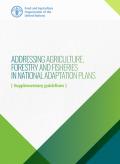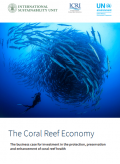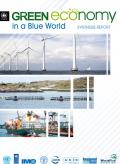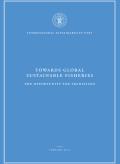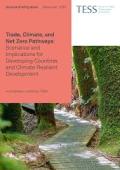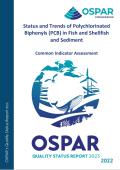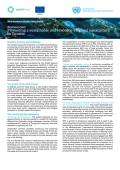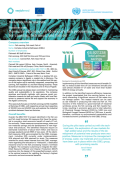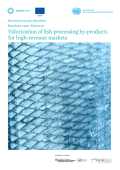
Fisheries and Aquaculture provide food and work all over the world, especially in developing countries (Panorama, 2018). Fish products are also essential to food security, providing over 3 billion people almost 20 percent of their intake of animal protein. Many fisheries practices are unsustainable, however, due to overcapacity; illegal, unreported and unregulated (IUU) fisheries; and environmentally detrimental subsidies.
Wild fish stocks are of enormous importance to economic output, livelihoods and food security. If degraded fisheries are rebuilt and sustainably managed, they can make an even larger contribution. Fisheries contribute approximately US$274 billion to global GDP. The World Bank estimates that if fisheries were managed optimally they could deliver an additional $50 billion each year. Beyond the direct economic, social and food security benefits to be gained from rebuilding fisheries, the transition to sustainable management is likely to make marine ecosystems more resilient to external stresses, including those stemming from climate change and pollution. Fisheries are vital components of ecosystems, and healthy ecosystems are key to the continued productivity of fisheries (The Prince's Charities- ISU, 2012).
Relevance to SDGs
Sustainable Development Goal (SDG) 14 recognizes the role of marine and coastal ecosystems and the need to conserve and promote their sustainable use. SDG 14.4 states the need for regulation on overfishing and 14.6 suggests to eliminate subsidies contributing to illegal and unreported fishing.
Explore green growth resources related to SDG 14:
SDG 14.4
Regulation SDG 14.6
Subsidies SDG 14.7
Small Islands
Innovative financial instruments such as “blue bonds” are emerging to raise capital from impact investors to finance marine and ocean-based projects that have positive environmental, economic and climate benefits. For instance, in 2018, the Republic of Seychelles issued a US$15 million 10-year blue bond to finance sustainable fisheries projects, prepared with assistance from the World Bank and the Global Environment Facility.
In addition, the sustainable seafood global market is growing and forecast to reach US$18.6 billion by 2025, which represents an important opportunity and challenge for finance. The investment case for financing the transition to sustainable fisheries practices requires governments to establish the enabling conditions for sustainable fisheries. Moreover, to expand the pool of potential investors and to lower the cost of capital, project developers will need to focus on managing, mitigating and reducing risk.
New initiatives have been launched to assist the finance sector in assessing risks and opportunities, such as Sustainable Seafood Finance, which helps investors identify and manage fisheries-related risks, and the Principles for Investment in Sustainable Fisheries, which sets out a framework to address challenges specific to wild-caught fisheries.




